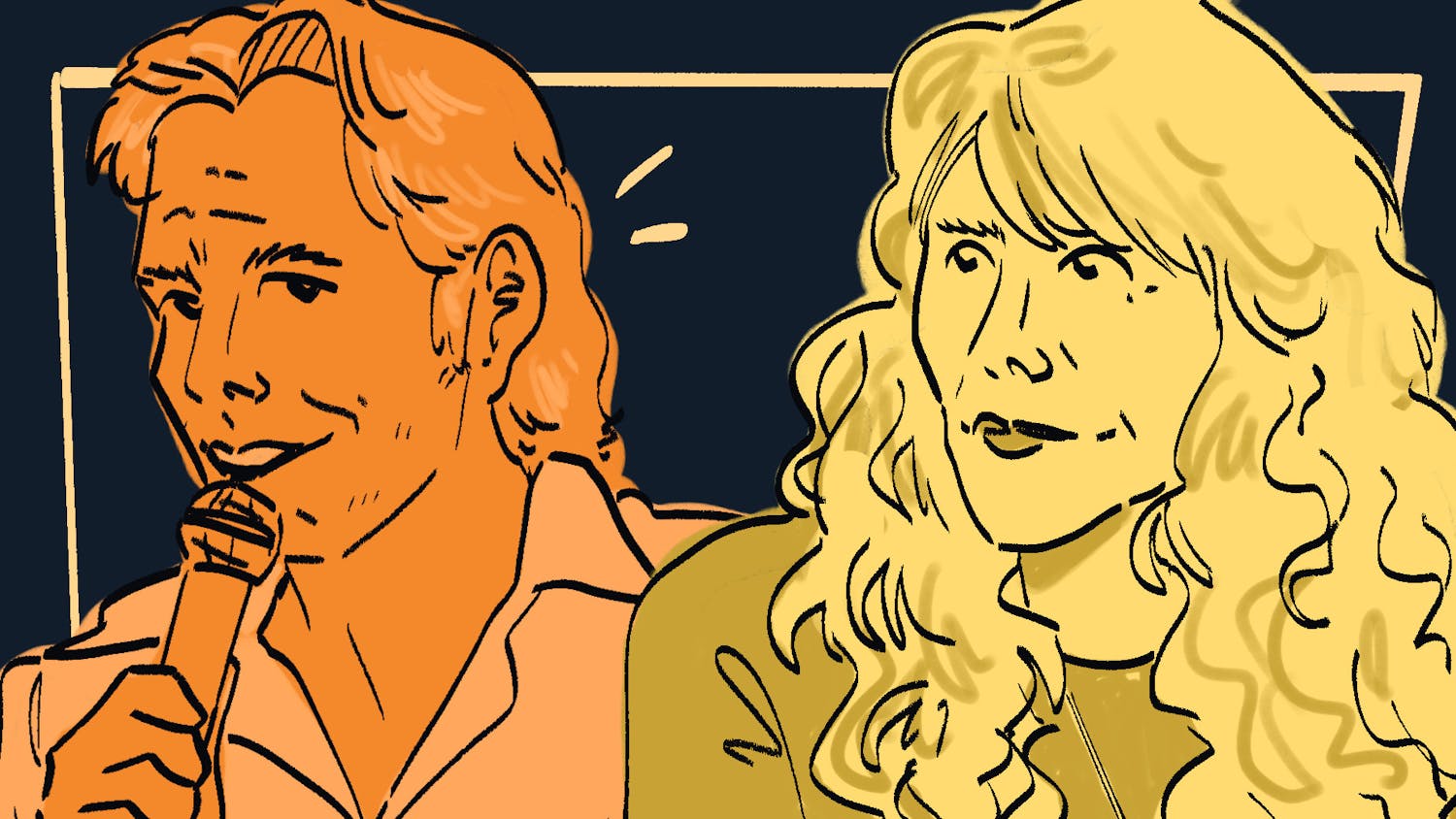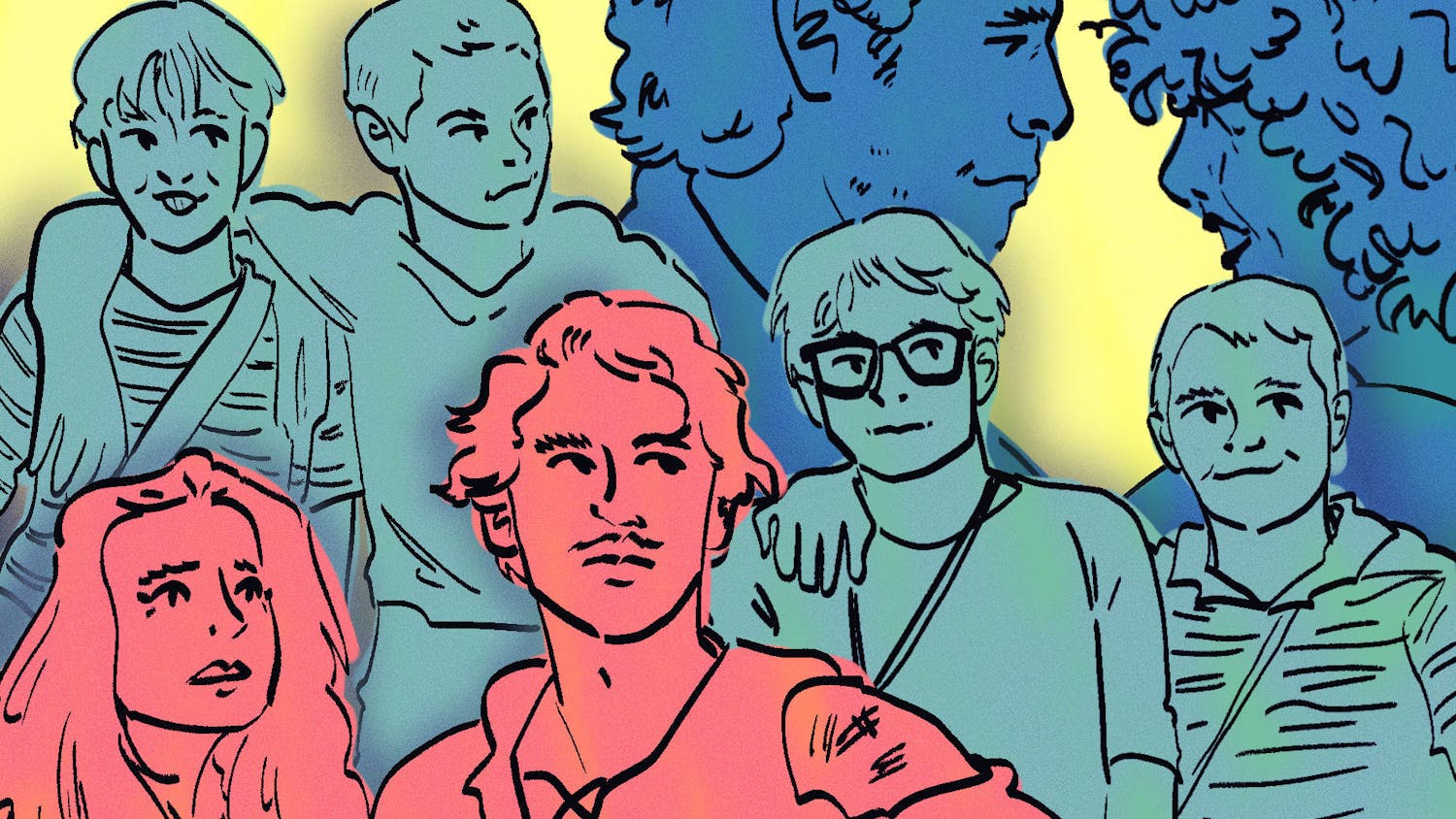Everyone and their cousin has heard of and has probably formed some opinion on “Fifty Shades of Grey.” The book trilogy and newly-released film adaptation have garnered both a lot of fans and a lot of criticism over the past few months. After watching the movie myself last Friday, I would like to explore why the film has elicited such polar reactions — why the fans and why the criticism?
It’s unnerving to log on to Facebook every day just to see another group, such as the National Center on Sexual Explotation, criticizing or protesting “Fifty Shades of Grey.” I think what makes it so disconcerting is that these articles are exaggerating the issues — I have seen a variety of misinterpretations about Ana and Christian’s supposedly abusive relationship as well as the expected criticism of the trilogy’s inherently risqué nature.
I understand the initial reason for critique — the seeming promotion of rape culture — and I understand that not everyone is running to go read the book or see the movie. What I do not understand, however, is what seems to me to be an all-or-nothing mentality toward the series, the hardcore fan versus the protester. “Fifty Shades of Grey” is not the first book to delve into heavy issues such as domestic abuse and, ultimately, rape culture, but, perhaps because people feel these issues are glorified, many people are acting as if it is.
From “Breathing Underwater” by Alex Flinn to “A Child Called ‘It’” by Dave Pelzer to “The Perks of Being a Wallflower” by Stephen Chbosky, the list goes on — all of these books and plenty more engage with some aspect of abuse, both sexual and domestic. In “Fifty Shades of Grey,” the story showcases a main character — Christian Grey — who develops obsessive behavior toward the leading heroine — Anastasia Steele — including stalking, possessive mentalities and a troubling reverse psychology of “I’m not good for you, so you have to stay away — but I won’t stay away from you.” Just because the characters show these behaviors, however, does not automatically mean the author condones them.
Novels and movies often cover the bad and the ugly, just as they cover the good. Just because the bad and the ugly are covered, however, it does not mean they are condoned. I think that is where the criticism of “Fifty Shades” has been taken too far. I think it is safe to say that E.L. James is not encouraging rape, since there is most definitely a safe word in the book. Further, James’s inclusion of Christian’s behavior in the novel does not mean James supports this behavior. She is merely telling a story.
When someone reads Junot Diaz’s short stories, they probably are not thinking about whether or not Diaz condones misogyny, which he does not. When I read “Fifty Shades of Grey,” I wasn’t thinking about how E.L. James could be glorifying sexual abuse — I was thinking about the internal conflict Ana dealt with and her emotional growth with Christian.
I do not think that people should feel pressured to indulge in one of these novels or watch one of these movies. I simply believe that people need to remember that a novel’s content does not infer support or acceptance of character behavior.
Fortunately, if there are still people who look to single out “Fifty Shades of Grey” and exploit its contents to suit their boycott, the movie adaptation provides a different account of Ana and Christian’s budding relationship. I’m going to avoid spoilers at all costs so I will leave it at this — if you believe the book condones rape, which in my opinion it does not, then do not boycott the movie because it is a completely different ball game.
If we can’t move past criticisms of the book, let’s at least see the merit in a movie that takes this fandom-worthy eroticism away from what can be read as abuse and transforms it into a sort-of awkward, sort-of not, steamy rom-com that I thoroughly enjoyed. Yes, there are sex scenes that may be on the graphic side and yes, Christian’s stalker tendencies are still present, but Ana’s voice as a strong woman is also present.
You have to admit that if the trilogy and the movie were really as awful as articles from The Daily Beast to The Atlantic are telling us, there wouldn’t be such a following. If “Fifty Shades of Grey” were so undeniably protest-worthy, there wouldn’t be so much support, like the upwards of 60 young women sitting in the theater with me on opening night.
Just this weekend Sigma Delta sorority threw a “Fifty Shades of Bey” party as a spin-off of the recent erotica release and, of course, Beyoncé. The Dartmouth Subtleties and Sugarplum will be giving their ode to “Fifty Shades of Grey” this Wednesday with a “Fifty Shades of Subtleplum” performance. I urge all of you to stop listening to those articles on your Facebook timeline that are just about shaking with negativity toward “Fifty Shades of Grey” because a book is a book and if you’d like to indulge a little, then indulge.
Reading the book or watching the movie will not make you a supporter of sexual abuse or rape. Recognize the issues presented because they are important, but also recognize that watching “Fifty Shades of Grey” is no different than watching “Magic Mike” (2012).



